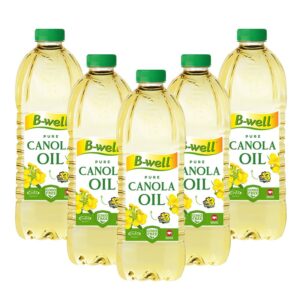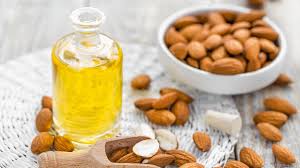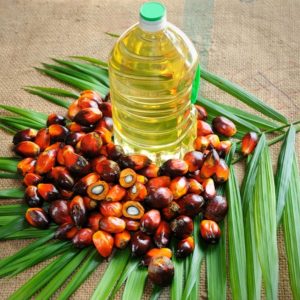Description
Organic coconut oil specifications include being derived from organic coconuts, having a distinct coconut aroma and flavor, and meeting specific quality standards for moisture, free fatty acids, and microbial counts.
Here’s a more detailed breakdown of organic coconut oil specifications:
-
100% Organic:
The coconut oil must be derived from coconuts that have been grown and processed according to organic standards.
-
No Additives:
It should be free from additives, preservatives, or artificial colors or flavors.
-
Cold-Pressed or Virgin:
Many organic coconut oils are cold-pressed or virgin, meaning they are extracted from fresh coconut meat using minimal heat, preserving their natural flavor and nutrients.
-
No Chemical Refinement:
Organic coconut oil is typically not refined using chemicals.
- Moisture: Moisture content should be low, typically less than 0.1%.
- Free Fatty Acids (FFA): FFA, measured as lauric acid, should be low, indicating freshness and minimal degradation.
- Appearance: The oil should be crystal clear, free from visible foreign matter, and have a mild, fresh coconut aroma.
- Microbial Aspects: Total plate count, yeast and mold count should be low, indicating good hygiene during production and storage.
- Heavy Metals: Organic coconut oil should be free from detectable levels of heavy metals such as lead, cadmium, arsenic, and mercury.
- Pesticide Residues: The oil should be free from detectable levels of pesticide residues.
- Saponification Value: This value, which indicates the amount of fatty acids present, should be within a specific range.
- Iodine Value: This value, which indicates the degree of unsaturation, should be within a specific range.
- Polenske Value: This value, which indicates the amount of short-chain fatty acids, should be within a specific range.
- Un-saponifiable matter: This should be low, indicating a high purity.
-
Fat Content:
Coconut oil is primarily composed of saturated fats, with a significant portion being medium-chain triglycerides (MCTs), including lauric acid.
-
Fatty Acid Composition:
The typical fatty acid composition includes lauric acid (45.1-53.2%), myristic acid (16.8-21%), palmitic acid (7.5-10.2%), stearic acid (2-4%), oleic acid (4.5-10%), linoleic acid (1-2.5%), caprylic acid (4.6-10%), and capric acid (4.6-8%).
-
Energy Value:
Coconut oil is calorie-dense, providing a significant amount of energy per serving.
- Storage: Store in a cool, dry place away from direct sunlight.
- Shelf Life: Unopened, organic coconut oil can typically have a shelf life of 2 years or more.
- Solidification: Coconut oil may solidify below 24°C (75°F)







Reviews
There are no reviews yet.